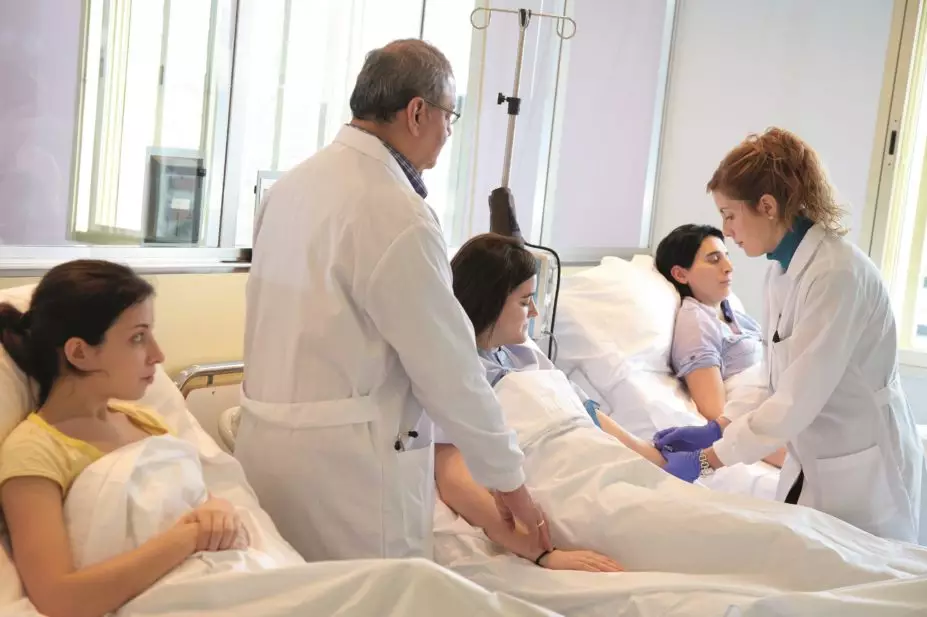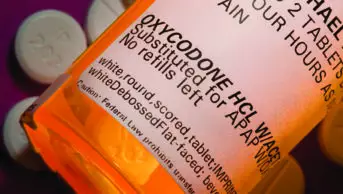
age fotostock / Alamy
Fears over the risk of serious harms to volunteers in non-oncology phase I trials are unjustified, according to the results of a meta-analysis published in The BMJ
[1]
.
Critics of phase I research trials claim that healthy volunteers are exposed to risks of serious harms in the absence of any clinical benefit, but little research has quantified the risks in this cohort. More than 100,000 healthy volunteers have participated in non-oncology phase I investigations annually worldwide.
Bioethicist Ezekiel Emanuel from the University of Pennsylvania wanted to quantify the frequency and seriousness of adverse events in non-oncology phase I studies with healthy volunteers, not patients. His team analysed data from phase I studies conducted between 2004 and 2011 at Pfizer’s phase I clinical testing sites in Belgium, Singapore and the United States.
The researchers found that out of 11,028 healthy volunteers who were given a study drug in 394 non-oncology phase I research studies, 0.31% (or 34) experienced a serious adverse event. The majority — or 84.6% (20,840) — of adverse events were mild, with more than 10% of adverse events occurring after volunteers received placebos. The researchers found no deaths or life-threatening events. The most common adverse events were headache, tiredness or drowsiness, diarrhoea, nausea and dizziness. Of the 34 serious adverse events, half were related to the study, with 11 caused by the study drug itself and seven caused by surgical or medical interventions related to the trial, such as spinal taps. Other serious adverse events unrelated to the drug included dengue haemorrhagic fever and appendicitis.
Certain factors were associated with a greater risk of adverse effects: for example, women were significantly more likely than men to experience an adverse event (80% versus 62%). Researchers found participants with a history of alcohol consumption were more likely to experience an adverse event than those without (69% versus 60%), but this did not apply for those with a smoking history (64% in both groups).
“Because of some high profile cases, such as TeGenero, there is the perception that early phase research is very risky,” says Emanuel. “But there are not a lot of data.” In 2006, German firm TeGenero saw its experimental drug TGN1412 cause multiple organ failure in six men during a clinical trial in England.
“Our study of over 11,000 healthy volunteers in phase I studies suggests these studies have very limited risks,” says Emanuel. “There were no deaths or permanent disabilities. Only 0.3% of volunteers experience serious adverse events as defined by the US Food and Drug Administration and half of these, such as dengue fever, were not related to the experimental drugs or procedures.
“A third of volunteers experienced no adverse events. Society needs to change its perceptions about early stage research with healthy volunteers,” he adds.
Responding to the report, Virginia Acha, executive director research, medical and innovation for the Association of the British Pharmaceutical Industry, says phase I studies for non-oncology drugs in healthy volunteers are an important part of the drug development process for the pharmaceutical industry.
“They do not offer any clinical benefit to trial participants, but are carried out to determine whether a drug is safe in humans, and to determine what the body does to the drug and what the drug does to the body,” says Acha.


